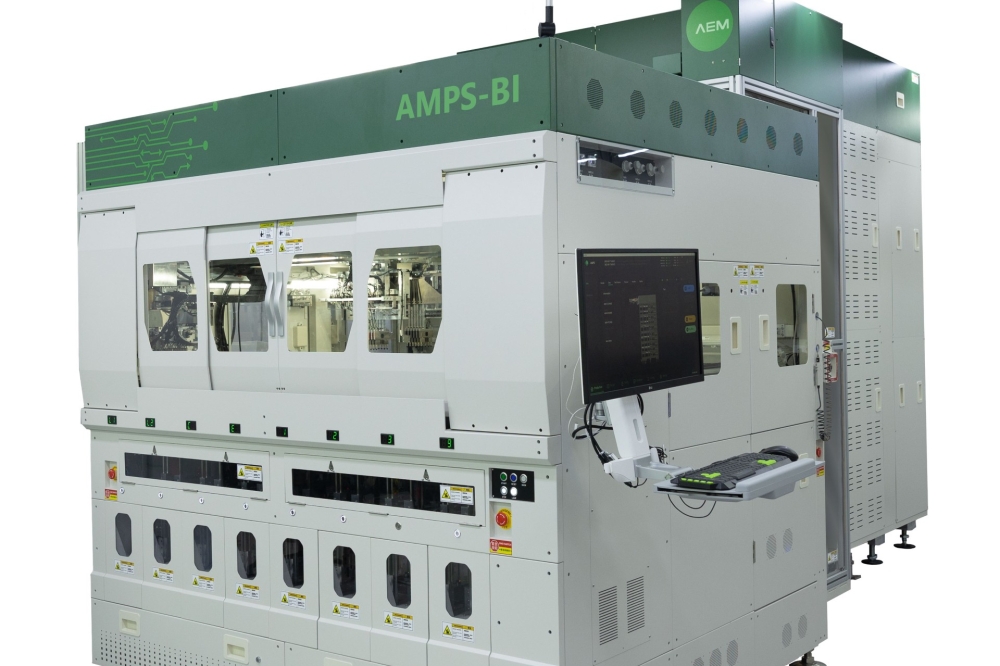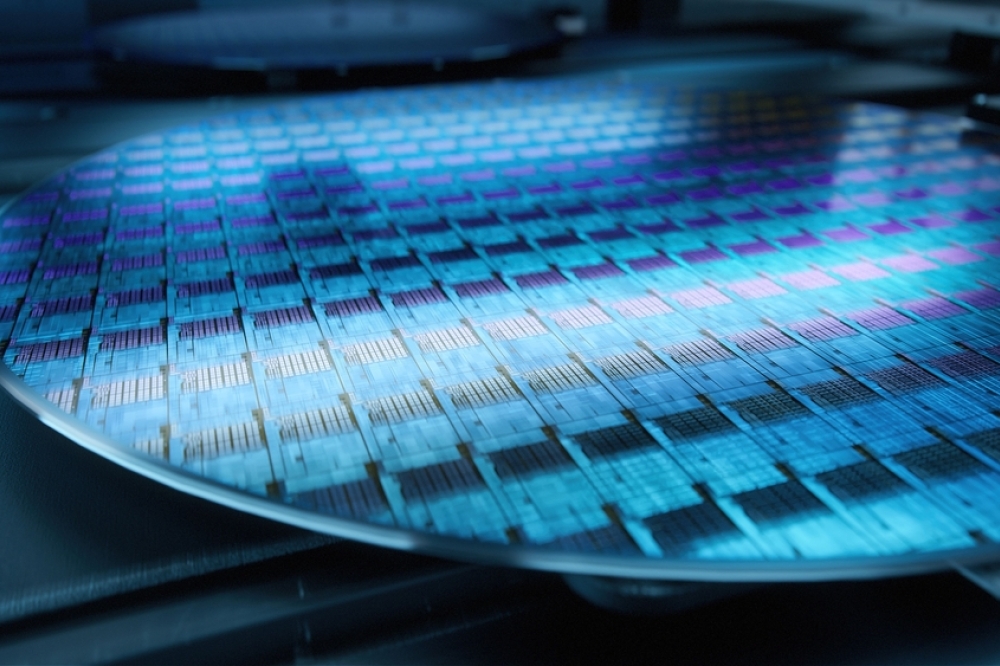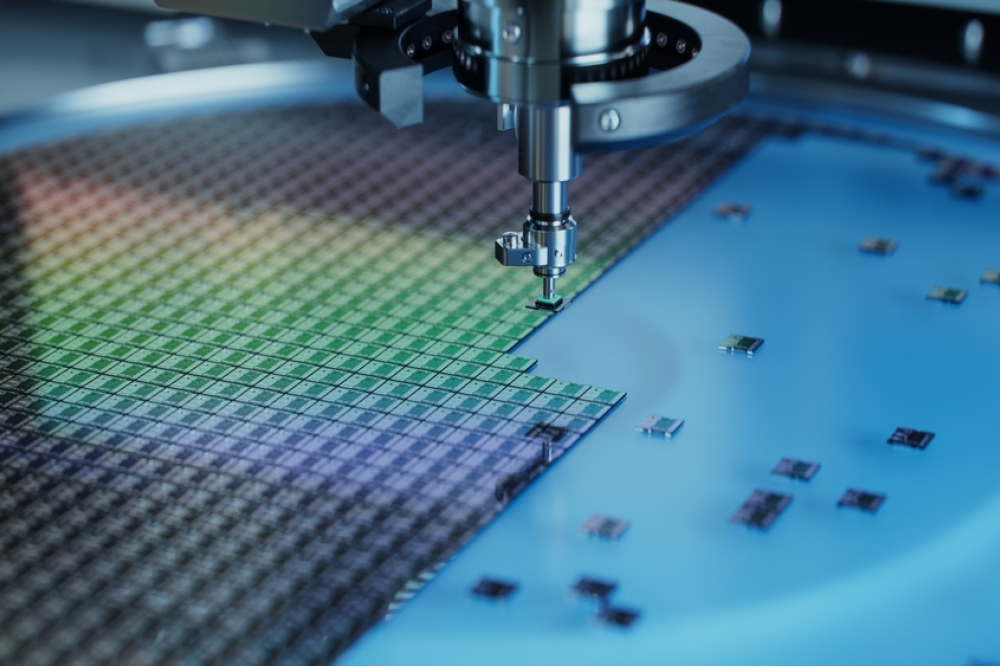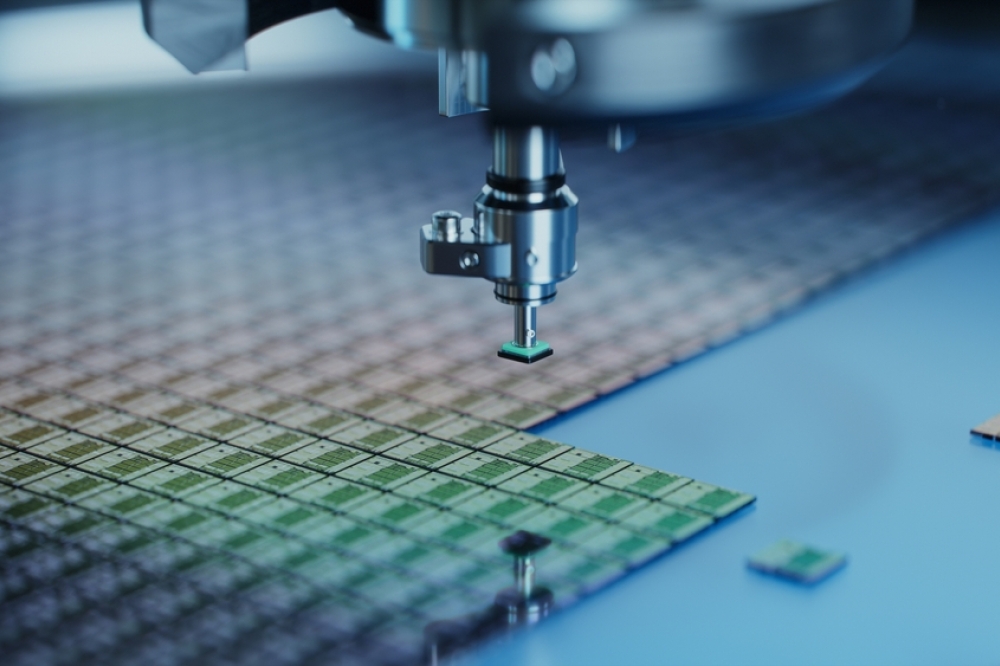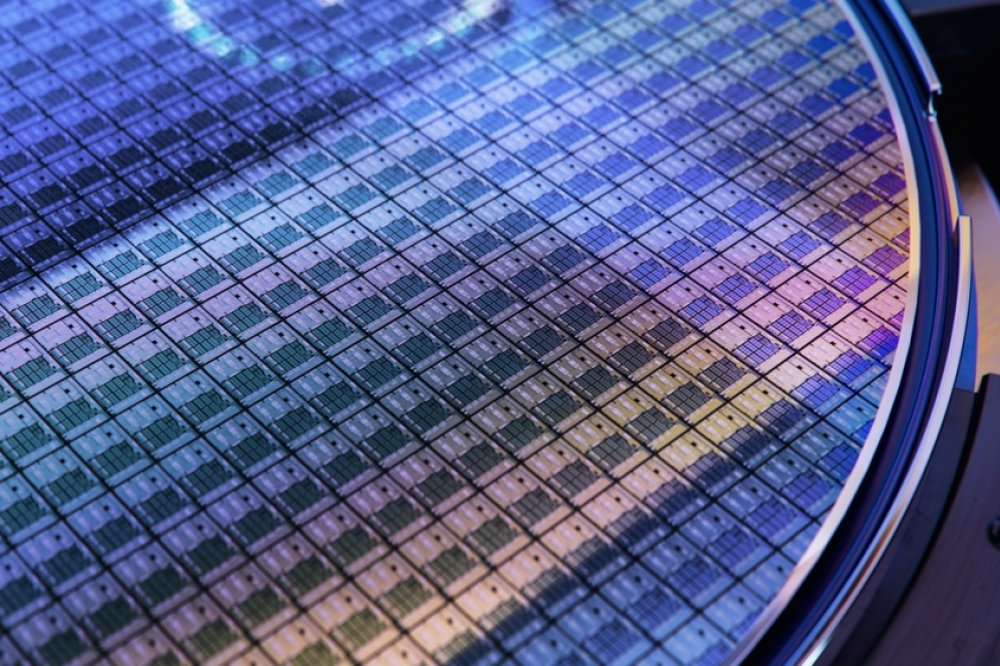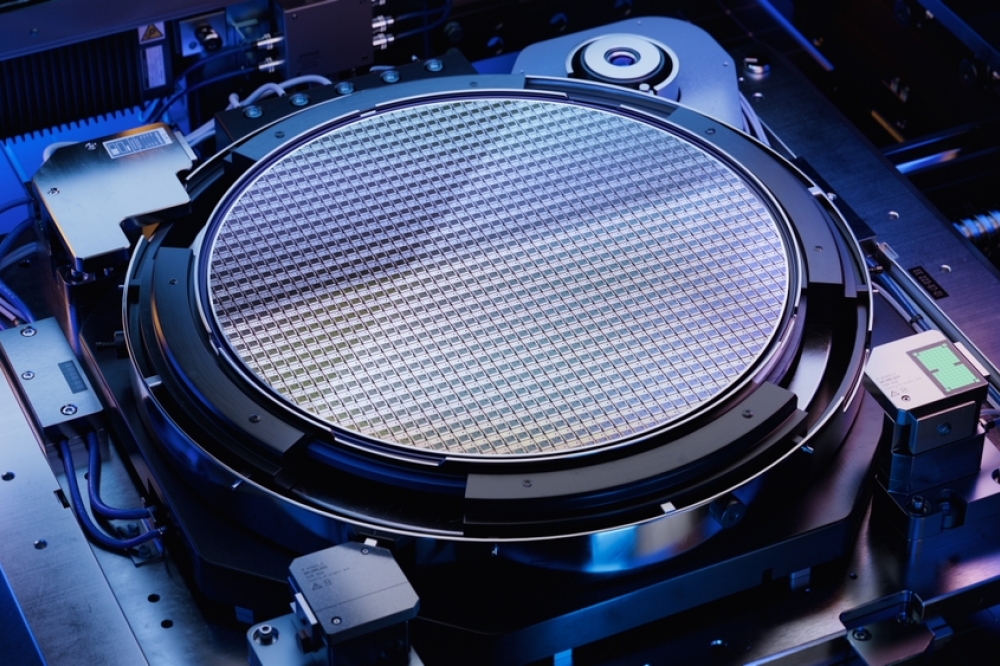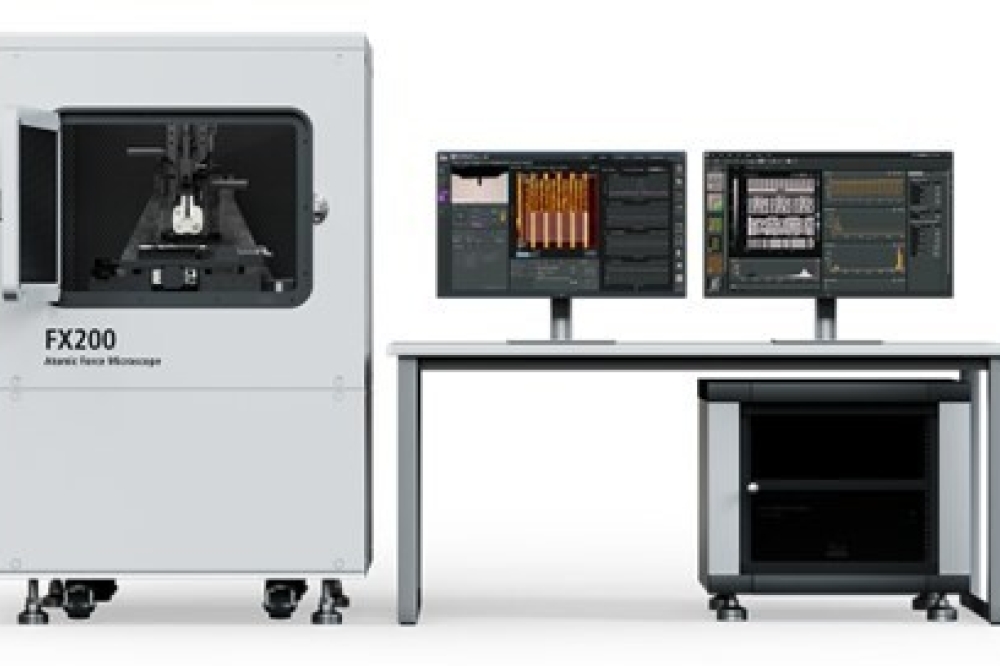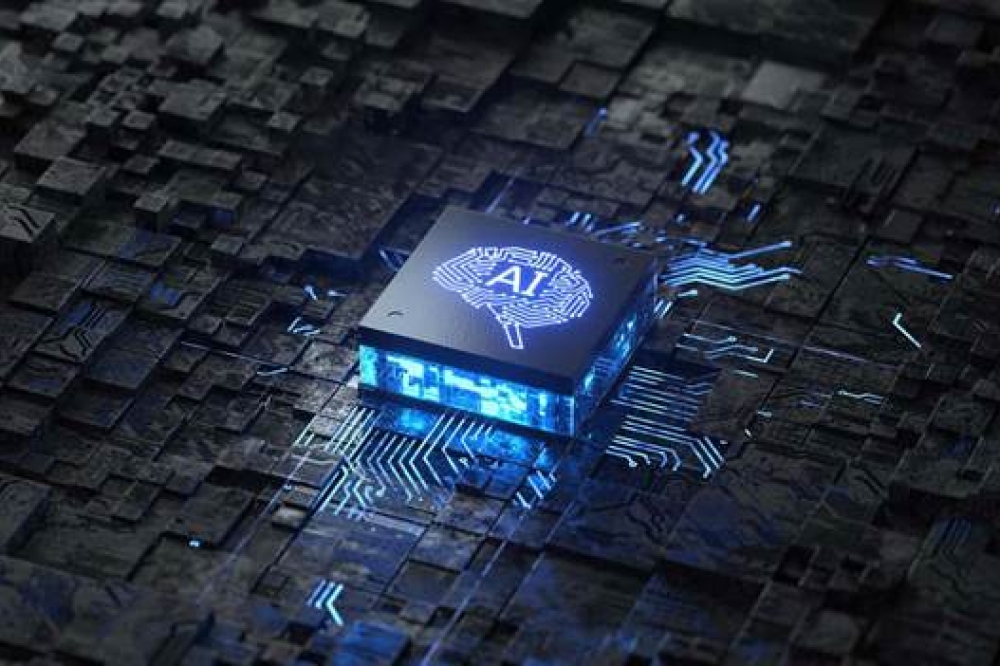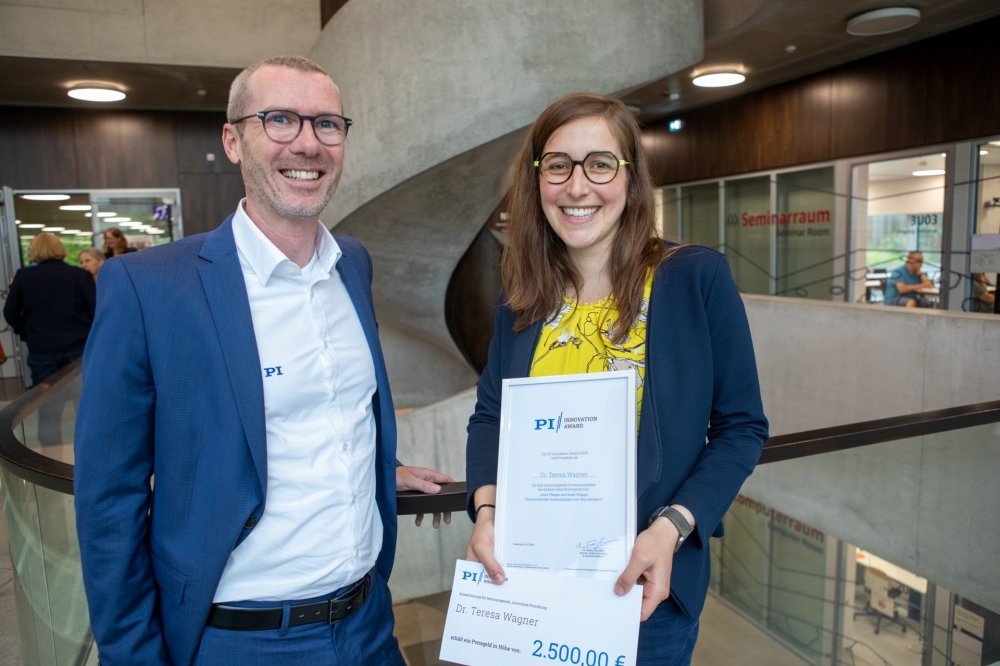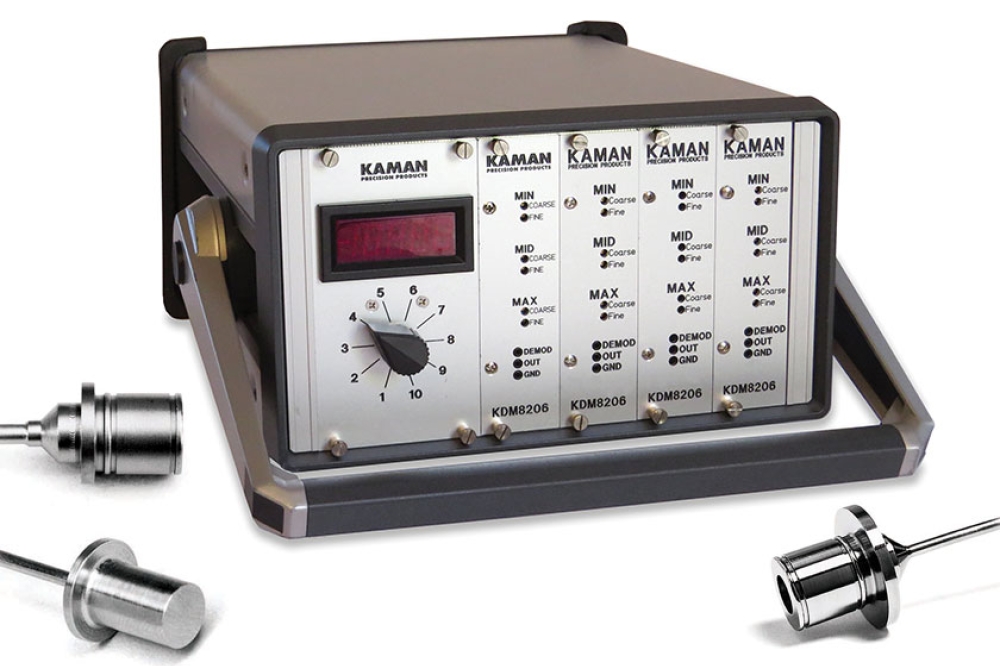EUV Tech and IBM join the eBeam Initiative

The eBeam Initiative, a forum dedicated to the education and promotion of new semiconductor manufacturing approaches based on electron beam (eBeam) technologies, has added two new company members to the organization: EUV Tech, a pioneering leader in actinic EUV metrology equipment; and IBM, an industry leader and pioneer in advanced patterning technology.
The new company members were recognized later at the 15th annual eBeam Initiative meeting being held in conjunction with the SPIE Advanced Lithography + Patterning Conference in San Jose.
The eBeam Initiative also announces the publication of its third annual Deep Learning (DL) survey of its members’ products and applications using DL in the photomask to wafer manufacturing flow. The complete list of DL applications from 13 member companies can be found at www.ebeam.org.
“I’m really excited about EUV Tech and IBM joining the eBeam Initiative. Their contributions will add to the momentum behind the more than 50 member companies within the eBeam Initiative that are working together to educate and promote the contributions of the mask industry to the semiconductor industry and to technology,” stated Aki Fujimura, CEO of D2S, the managing company sponsor of the eBeam Initiative.
Added Fujimura, “Deep learning provides significant benefits for improving semiconductor design and manufacturing. The results of the 11th Annual eBeam Initiative Luminaries Survey, which were published a few months ago, indicated that expectations remain high in the industry for deep learning to become a competitive advantage for mask making, though only 33 percent of participants see this happening by 2023. However, based on what I’m seeing, while some companies still are unsure how to deploy deep learning to help their businesses, other companies appear to be taking deep learning as a given and a base technology for use in a variety of ways. For example, it’s becoming clear from the members’ applications on our latest list that they are focusing their deep learning on enabling curvilinear masks, predicting maintenance and increasing throughput for mask manufacturing and lithography.”


